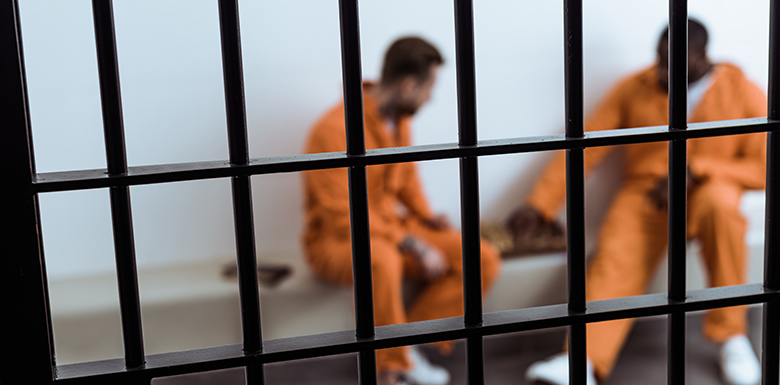Can I Get Probation Instead of Going to Jail?
Jun 12, 2021, by in Criminal Defense
When facing criminal charges, most people want to know how to avoid jail time. Sometimes, the law requires a minimum time in jail or prison. In other cases, it is possible to get probation by pleading guilty to a reduced charge.
Regardless of the specifics, if you’re facing charges in Detroit, contact a defense lawyer right away to discuss your options.
Michigan Reforms to Sentencing & Probation
Michigan recently passed many criminal justice reforms.
These changes include:
- If you are on probation, jail time for a violation is not mandatory
- If the judge sentences you to jail, you serve only up to 15 days for a first violation
- Some traffic misdemeanors are now civil infractions
- There is a rebuttable presumption for lesser misdemeanors for community service, fine, or other non-jail penalties
Probation vs. Parole in Detroit
Probation is a penalty a judge gives that could replace or reduce your jail sentence. Parole is a condition of being released early from jail or prison.
No one is entitled to probation or parole. There are also crimes for which you cannot receive probation or prison sentences that cannot end early.
When is Probation Available?
Probation may be an option if you are a first-time offender or if the charges against you do not include:
- Armed robbery
- Criminal sexual conduct in the first or third-degree
- Murder
- Treason
- Some drug crimes
- Felonies involving a gun
Probation depends on other factors, and it does not eliminate the possibility of jail. There may be minimum sentence guidelines for jail or prison that you must serve before you receive probation. For example, a third or subsequent DUI is a felony DUI. You will face up to five years in prison but with a minimum 30-day sentence.
It also depends on if you have a criminal record. For example, a judge may not be eager to offer you probation if you are a repeat or habitual offender.
Length of Probation
Probation can last up to two years for misdemeanors. For felony convictions after April 1, 2021, probation can last up to three years. The court may add up to two years for felony probation under particular circumstances.
In some drug offenses, the judge decided the length of probation.
Types of Probation
Probation comes with different conditions and requirements.
Some misdemeanor probationers are eligible for non-reporting or mail-in probation. Non-reporting probation means that you do not have to check in with a probation officer. Under the latter option, you keep in touch by mail.
However, most people on probation must report to a probation officer regularly. There are three types of these supervised visits:
- Regular supervision: You’ll meet with a probation officer once a month
- Intermediate supervision: You’ll have more frequent meetings with a probation officer if you violate a condition of your probation
- Intensive supervision: if the court deems you’re a high risk for committing another crime, you will connect with your probation officer multiple times per week
Another possibility is electronic monitoring. You may have to wear a GPS tracker or transmitter to verify your location.
Conditions of Probation
Probation is a privilege, not a right. You’ll have to abide by certain conditions while on probation.
There are mandatory and permissive conditions of probation.
Mandatory conditions:
- Do not violate another law
- Do not leave the state without permission
- Report to your probation officer as ordered
Permissive conditions are assigned by a judge and might include:
- Jail time
- Substance abuse treatment
- Community service
- Competing high school
- Restitution
- Fines
- Court costs
- Supervision fees
- Electronically monitored home confinement
- Placement in a state-funded probation residential center
- Finding and maintaining a job
Call a Detroit Criminal Defense Attorney Today
If you’re facing criminal charges and want to avoid jail time, call attorney Martin Drias with the Drias Law Group. He’ll explain the potential penalties under the current law and discuss how the circumstances of your case or criminal record may impact your ability to get probation.
Get a free, confidential consultation today. Call (313) 944-0236 or use our online form.

